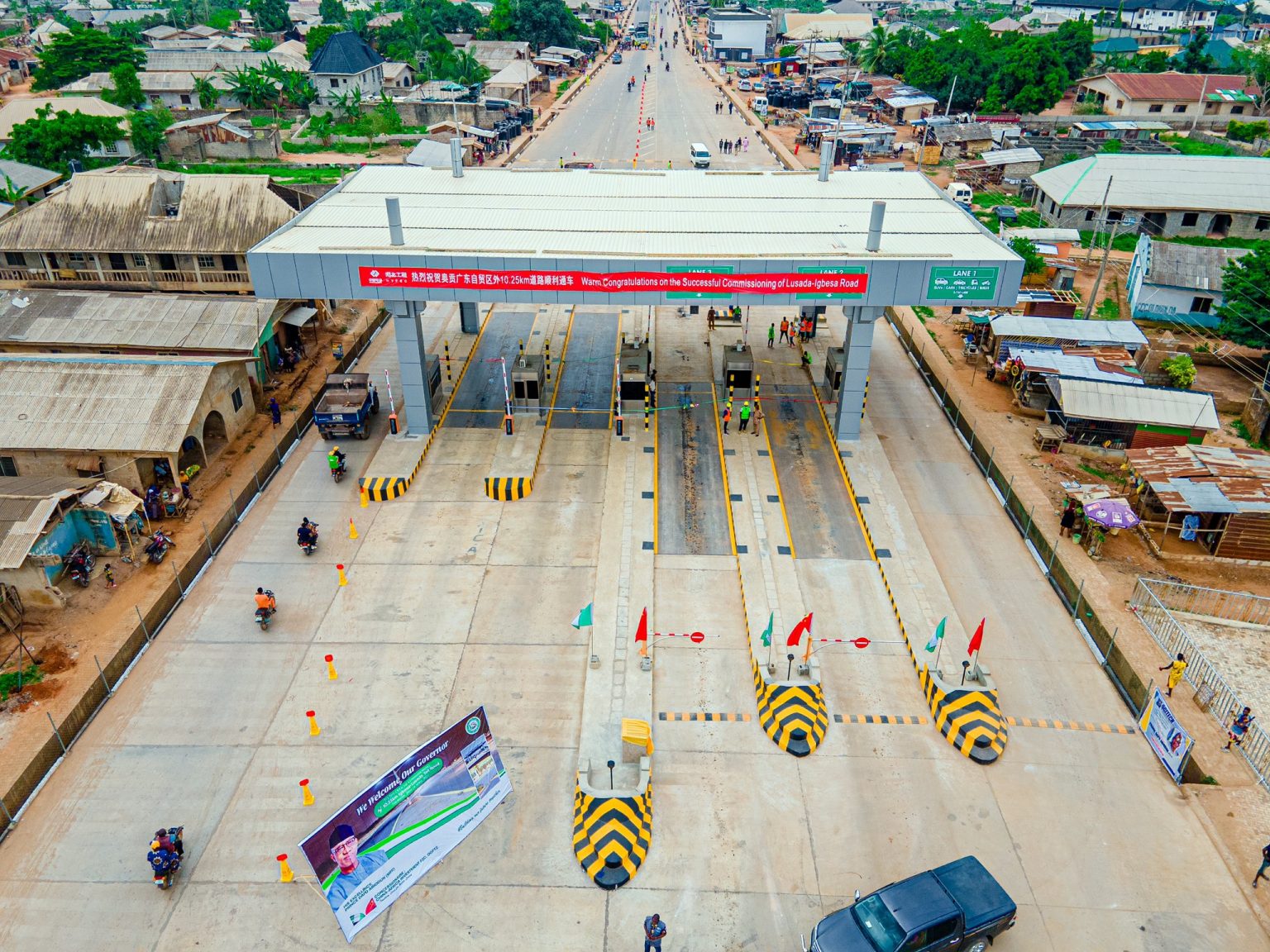As of October 2023, the country’s free trade zones might produce more than N11.11 trillion that will be deposited into the Federation Account, experts claim.
In a conversation with The PUNCH, Muda Yusuf, the director of the Centre for the Promotion of Private Enterprise, expressed his belief that the free zones might perform better than the data they had provided.
According to him, Nigeria must take advantage of its free zones to increase non-oil export income and lessen its reliance on crude oil export revenues due to the country’s strong demand for foreign money.
“They should try to do more because we are still heavily dependent on oil and gas for our foreign exchange earnings and we need to see more investments in that area. In many other advanced countries, it is their free trade zones that they use to generate foreign exchange and attract investments,” the CPPE boss stated.
He gave the example of Dubai as a nation that effectively utilised its free trade zones.
In a recent speech to the Senate Committee on Industry, Trade, and Investment, Olufemi Ogunyemi, the Managing Director of the Nigeria Export Processing Zones Authority, claimed that the zones had produced income for agencies and brought prosperity to the states that host them.
According to Ogunyemi, states generated N998 million in Pay As You Earn remittances, while agencies such as the Nigeria Customs Service, Immigration Services, and Nigerian Ports Authority generated N59.38 billion, N828.7 million, and N8.738 billion, respectively.
Other free zone laws, including as the 1996 Oil and Gas Export Free Zone Decree, the 2003 Oil and Gas Free Zone Regulations, and other related legislation, came after the Nigeria Export Processing Zones Authority Act 63 of 1992, which established NEPZA as a federal body with regulatory responsibilities.
As of the end of 2023, Nigeria’s free zones—46 licenced zones as of 2022—had produced 38,429 direct jobs and an additional 172,930 indirect jobs, according to the NEPZA MD.
In addition, he stated that the free zones attracted $491.8 million in international direct investment and N1.15 trillion in local direct investment. He also mentioned that “scarce Nigeria forex was saved” in the N1.62 trillion in cargo that was imported from the free zones between 2019 and 2023.
David Adonri, Vice President of Highcap Securities Limited, praised the remittance data revealed by NEPZA and that the government utilise them as a promotional tool to enlighten and motivate more Nigerians to establish manufacturing enterprises in the free trade zones.
As the Dangote Petroleum Refinery, situated in the Dangote Industries Free Zone, which is a part of the Lekki Free Trade Zone (FTZ) in Ibeju-Lekki, Lagos State, is about to start supplying petrol, Adonri predicts that remittances from free trade zones will increase in the future.
Remittances from the free trade zone as of 2023, according to Babcock University Economics Professor Olusegun Ajibola, indicated that “something is happening, but it was not a figure to celebrate.”
Ajibola continued by saying that because the zones were created at the hosts’ expense, the government needs to focus more on generating income.
The former head of the Chartered Institute of Bankers of Nigeria recommended that the zones’ administration put in more effort to boost production and that the 32-year-old NEPZA Act be reviewed in order to identify any areas that might have become problematic over time.











